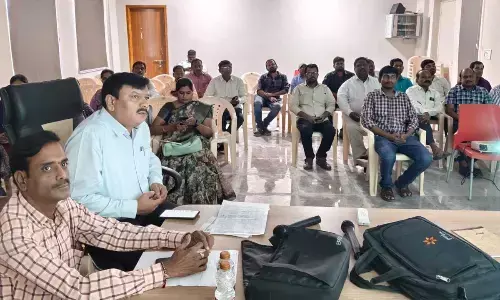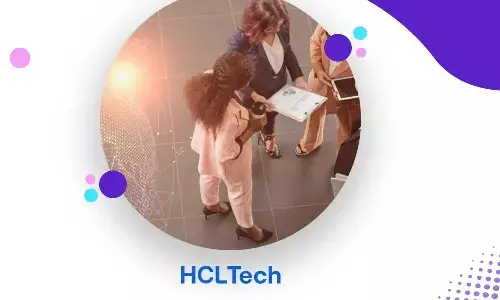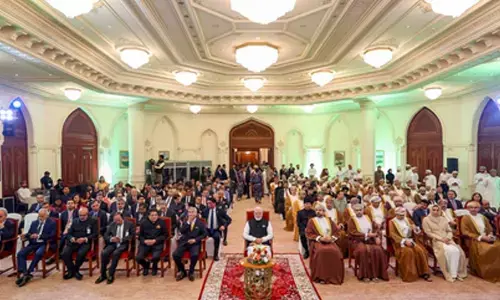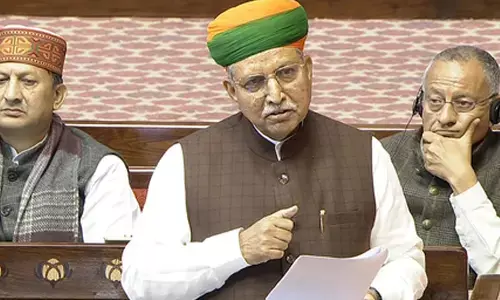Sam Altman Warns U.S. Lead in AI Over China Is Narrowing, Calls for Smart Investment Over Strict Regulation
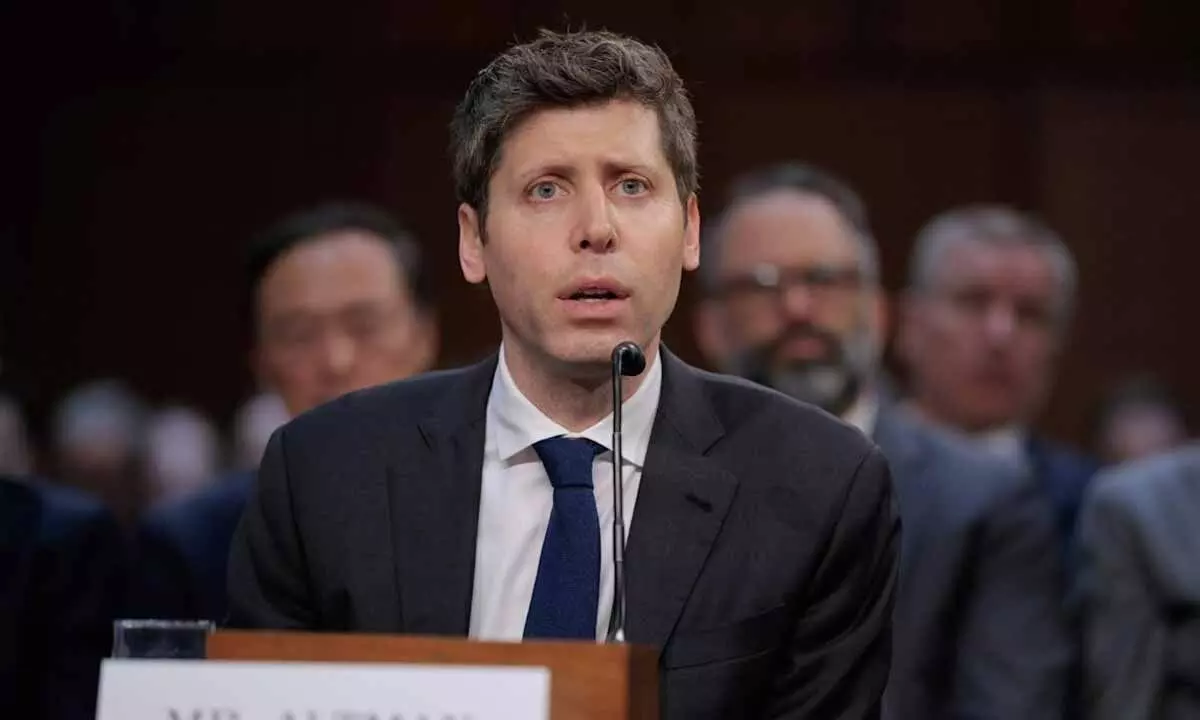
Sam Altman urges the U.S. to avoid overregulation and invest in infrastructure to maintain a narrow lead over China in AI.
In a pivotal U.S. Senate Commerce Committee hearing on artificial intelligence, OpenAI CEO and co-founder Sam Altman joined a panel of influential tech leaders to discuss the country’s standing in the rapidly evolving global AI race. While he affirmed that America currently holds a lead over China, Altman issued a cautionary note—it’s not by much.
“The U.S. is ahead of China in the AI race,” Altman said in response to a question from Senator Ted Cruz. “It’s very hard to say how far ahead we are, but I would say, not a huge amount of time.”
Altman, joined by AMD CEO Lisa Su, CoreWeave CEO Michael Intrator, and Microsoft Vice Chair Brad Smith, outlined the urgent need for the United States to invest in infrastructure, foster innovation, and create smart, non-restrictive policies to maintain its edge. The hearing highlighted a shift in tone from Altman, who just two years ago had strongly advocated for tight AI regulations. In today’s political climate, shaped by President Donald Trump’s return to the White House, Altman’s message leaned toward flexibility and agility rather than regulatory constraint.
The Trump administration has taken steps to roll back key elements of President Biden’s earlier executive order on AI, which emphasised stricter oversight. Trump’s team sees these regulatory measures as potential roadblocks to innovation—a sentiment that appeared to resonate with several tech executives at the hearing.
Altman outlined what he believes are the key elements to staying ahead: continued infrastructure investment, responsible but not burdensome regulation, and a strong culture of innovation. “The need to win in infrastructure, sensible regulation that does not slow us down, the sort of spirit of innovation and entrepreneurship that I think is a uniquely American thing in the world,” he said. He added that retaining the lead is not “rocket science,” but will require avoiding “a silly mistake” and staying the course.
Lisa Su echoed Altman’s perspective, pointing to the U.S.’s dominance in the hardware that powers AI. “Best AI accelerators in the world,” she said, referencing the advanced chips produced by American firms like AMD. However, she also warned that while China faces some restrictions, there are “multiple ways to do things,” suggesting that technological breakthroughs could still come from unexpected directions.
Altman also took a personal moment during his testimony, reflecting on how his upbringing in St. Louis shaped his journey. “I can draw a straight line from that experience to founding OpenAI and getting to work on companies like Helion,” he said, recalling the early influence of the internet on his career. “I am a child of the internet revolution. I have the great honour to be one of the many parents of the AI revolution. And I think it is no accident that that's happening in America again and again.”
That sense of national pride in innovation was a recurring theme, as Altman and other panellists urged lawmakers to focus more on strategic investment rather than over-regulation. Rather than adding layers of red tape, they advocated for greater funding in AI infrastructure and workforce training to secure the U.S.'s global leadership.
When asked about proposed mandates that would require AI companies to test and approve models before public release, Altman was direct. “Disastrous,” he said, warning that such measures could stifle the fast-paced development the industry thrives on. He also questioned the necessity of having the National Institute of Standards and Technology (NIST) dictate formal AI benchmarks, saying, “I don't think we need it. It can be helpful.”
Throughout the hearing, Altman repeated a central theme: “sensible regulation that does not slow us down.” It was a clear call for balance—a recognition that while oversight is important, it should not come at the cost of innovation.
The hearing served as a reminder of both the promise and peril surrounding AI’s global development. While the U.S. currently leads, the competition is close, and continued success will require calculated decisions, investment in people and infrastructure, and a national strategy that encourages progress without placing it in a regulatory straitjacket.












